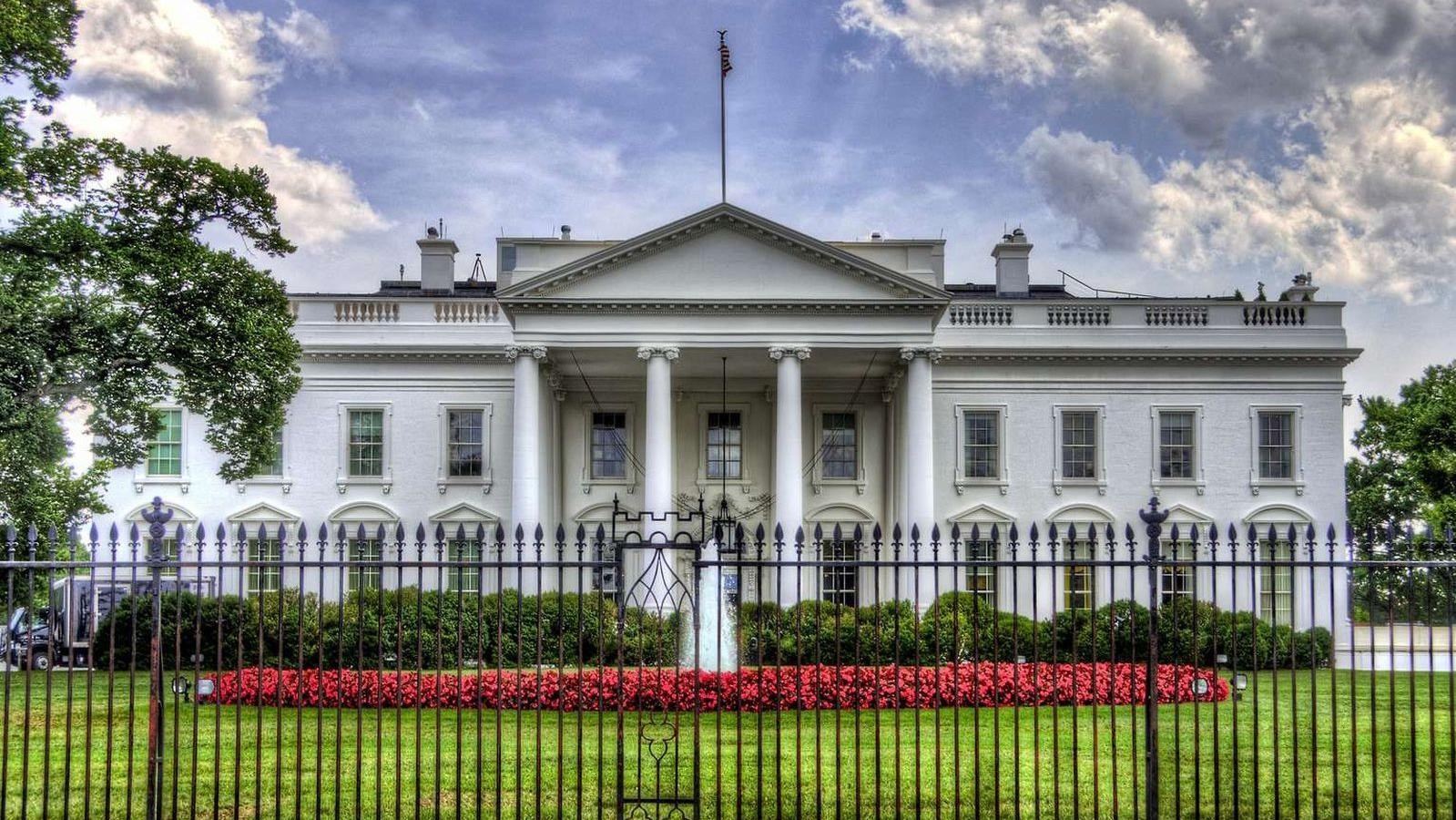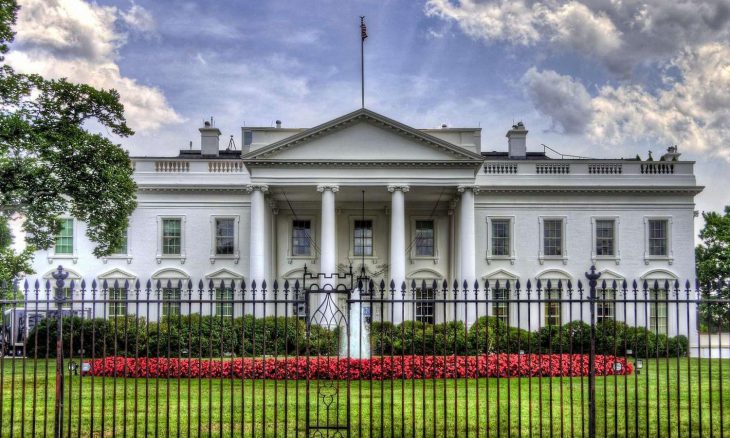Our Government’s Executives

Article II, Section 1, of the Constitution of the United States provides that “the executive Power shall be vested in a President of the United States of America. He shall hold his Office during the Term of Four Years, and, together with the Vice President, chosen for the same Term, be elected as follows…”
Section 2 says the president shall be the Commander in Chief of America’s military and provides for a Cabinet. Section 3 provides for a State of the Union address to be given to Congress, and Section 4 provides for their removal from civil office “on Impeachment for, and Conviction of, Treason, Bribery, or other High Crimes and Misdemeanors.”
Over the course of American history, the nature of the presidency has evolved, from the limited role the framers of the Constitution had in mind to the rise of the current president-centered government. The framers wanted to impose limits on presidential power, coming out from under the tyranny of King George III. They expected that Congress would be preeminent in the governance of the United States, and the Constitution’s Article I bears that out. But the president was made powerful enough to check and balance Congress, but not so powerful as to overrun it.
The Constitution allotted certain powers to the president: military power, diplomatic power (with the “advice and consent” of the Senate), appointment powers (which the Senate must confirm), and the power of signing legislation into law.
Today’s presidents are largely elected by personality and partisanship. Twenty-seven percent of American voters claim they choose presidential candidates primarily on the basis of the nominee’s character and moral values; however, the presidents who receive the highest marks from historians tended to be smart, have ambitious goals, but shied away from straightforwardness.
While the current presidential cabinet includes sixteen members, George Washington’s cabinet included just four: Secretary of State Thomas Jefferson, Secretary of Treasury Alexander Hamilton, Secretary of War Henry Knox, and Attorney General Edmund Randolph. President Washington set the precedent for how these would interact with the presidency, establishing the cabinet as the chief executive’s private trusted advisors.
Over time, Congress and Constitutional Amendments have changed the presidency. Andrew Jackson vetoed more bills than the six previous presidents combined, Abraham Lincoln assumed powers no president before him had claimed, largely because of the nation’s Civil War. Theodore Roosevelt and Woodrow Wilson expanded the powers of the presidency, particularly in international powers. But it was Franklin D. Roosevelt, elected four times, who gained the greatest powers. Through the New Deal program, he regulated the economy, and with the inception of World War II, he gained greater war powers.
The vice presidency has also had its evolution, from a person “waiting in the wings just in case,” to active involvement in governing. When he was Vice President to President Barack Obama, Joe Biden said, “The way the world has changed, the breadth and the scope of the responsibility of an American president has virtually required a vice president to handle serious assignments, just because the president’s plate is so very full.”
The Cabinet, likewise, has seen multiple changes. From the original four, it now numbers 16 posts, and each has its sub-cabinet groups, agencies, commissions, and other positions to ostensibly help provide some measure of institutional depth to the presidency. They have become a management resource for the president through which to manage his agenda.
God doesn’t expect a ruler – or anyone else for that matter – to have a “go it alone” attitude toward getting things done. Kings Saul, David, Solomon and a host of others had advisors. Some were solid and godly advice givers while others were evil. Proverbs is replete with both the necessities and caution of receiving advice. Yet Proverbs 11:14 says, “Where there is no guidance, a people falls, but in an abundance of counselors there is safety.”
How then should we pray?
- Pray for the men and women who hold the offices of the presidency, vice presidency, and Cabinet to seek God’s wisdom and for moral character, intelligence, and sensitivity to the needs of the people.
- Pray that executive branch officials would establish regulations and rules for the benefit of the greatest number of people without ignoring the rights of the minority.
- Pray that the Holy Spirit would guide those in office toward the wisdom spoken of in James 3:17 – wisdom from above that is first “pure, then peaceable, gentle, open to reason, full of mercy and good fruits, impartial and sincere.”





